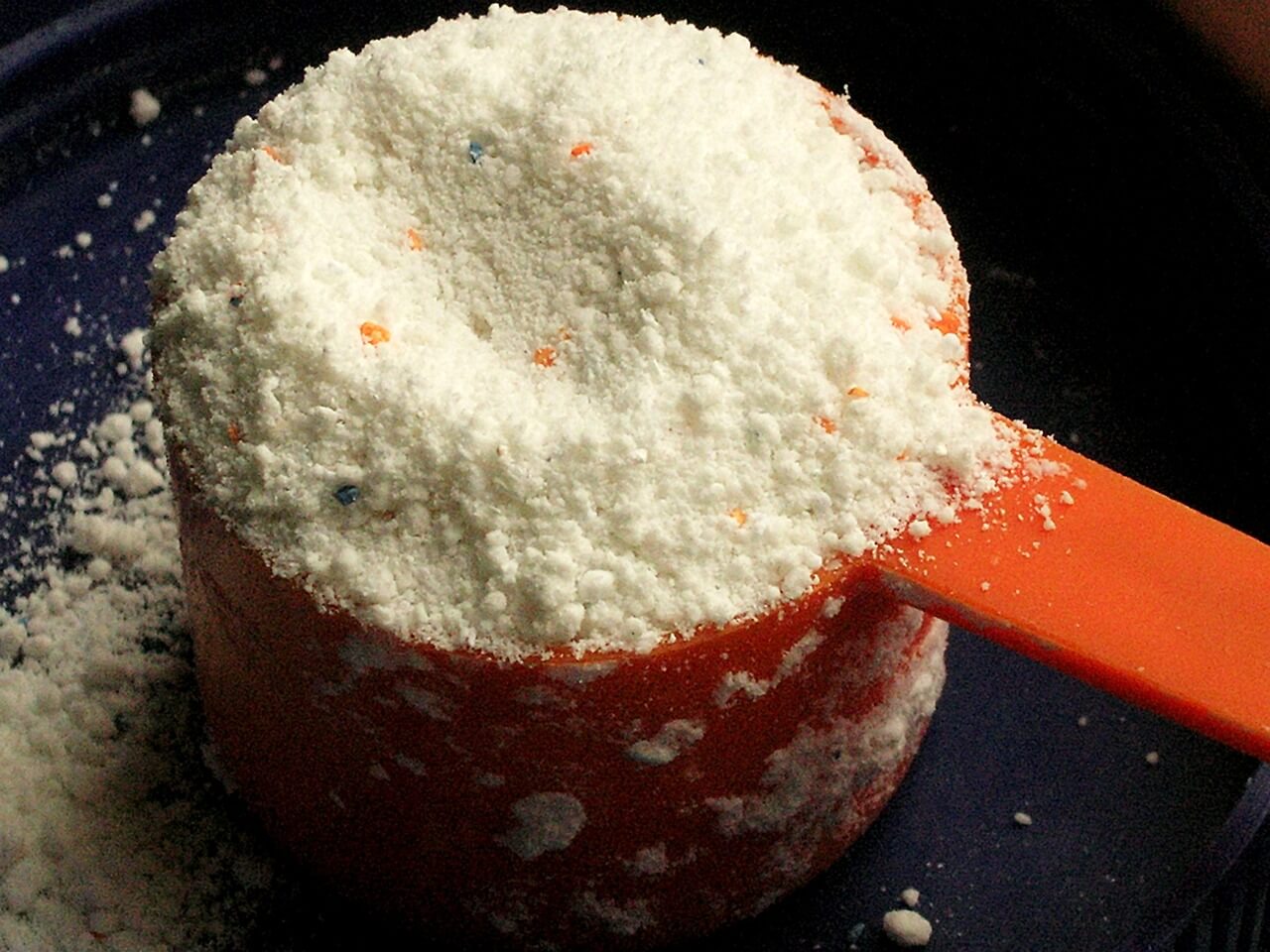For cleaning purposes, detergents are frequently used in homes as well as in companies. Our daily lives wouldn’t be complete without detergents, which help us keep our homes clean and hygienic. There are numerous detergents that contain chemicals that can be harmful to someone’s health if used improperly or in excess. In this post, we’ll understand the numerous ways that how use of detergent is injurious to health.
How Use of Detergent is Injurious to Health
Although detergents are made to clean and remove dirt, if they are not used carefully, they can offer major health hazards. The chemical content of detergents varies based on the type and brand; however, certain common components can be dangerous when consumed or exposed to the skin, and eyes. Let’s look at how use of detergent is injurious to health.
- Allergic Reactions and Skin Irritation
Skin irritation is a typical health problem brought on by detergent use. Numerous detergents contain harmful chemicals like sulphates, perfumes, and dyes that can deplete the skin of its natural oils and damage the skin’s barrier of protection. Redness, irritation, dryness, and even dermatitis might result from prolonged exposure to these chemical substances. When handling detergents, wearing gloves or other protective clothes is crucial to reduce direct skin contact.
Choose detergents that are marketed as hypoallergenic or made specifically for sensitive skin to reduce the chance of skin irritation. Milder components, which are less prone to result in adverse reactions, are used in the formulation of these goods.
- Respiratory problems
Volatile organic compounds (VOCs), which are released by some detergents, can be toxic if inhaled. The respiratory system might become irritated by these VOCs, resulting in symptoms like coughing, wheezing, shortness of breath, or even asthma attacks. When using detergents, proper ventilation is essential, especially in small spaces.
- Eye Irritation
If detergents come into close contact with the eyes, they can irritate them severely. Significant irritation and pain can result from splashes or unintentional rubbing of the eyes with hands that have been exposed to detergent. Detergents include chemicals that might irritate the sensitive eye tissues, resulting in redness, stinging, and blurred vision. It is essential to quickly rinse the eyes with clean water for at least 15 minutes in case of contact with the eyes.
- Ingestion Dangers
Detergents, especially those that contain bleach or ammonia, which if ingested can cause significant internal harm. Accidental ingestion, particularly by children or pets, can have serious effects. Nausea, vomiting, abdominal pain, and, in extreme cases, chemical burns to the digestive system are some of the symptoms of detergent ingestion. To avoid accidental ingestion, it is essential to store detergents safely in childproof containers, keep them out of the reach of kids, and ensure correct labelling.
5. Affect Reproductive Health and Fetal Development
Synthetic fragrances- often found in cleaning products, such as laundry detergents, are frequently associated with chemicals called phthalates.
According to a published study, these chemical substances such as phthalates may have the ability to affect reproductive and fetal development, organ damage, immunodeficiency, endocrine disorders, and even cause cancer. In addition, detergent contains NonylphenolEthoxylate (NPE) used as dispersing agent which helps to remove dirt from fabrics. NPE is an endocrine oxidant which affects fetal development.
However, phthalates, which are present in detergents, prolong the duration of the fragrance’s remains on clothing, making it possible to detect it long after use.
6. Cancer Causing agent
Many commonly used detergents include hazardous and carcinogenic ingredients. Additionally, each time a consumer rinses or wears clothing that has been cleaned with these detergents, he or she is exposing themselves to these cancer-causing substances.
Many laundry detergents contain chemicals intended to stabilize products, which have been linked to a low to moderate risk of cancer depending on the type and quantity used. Toxic 1-4 Dioxane, 4 methylimidazole, imidazole, 2-methylimidazole, and FURAN are commonly used in many detergents, and numerous studies have linked them to cancer.
7. Environmental Issues
Detergents pose a serious hazard to the environment in addition to being bad for human health. Phosphate- and other hazardous chemical-containing detergents that are rinsed away end up in rivers, lakes, and seas, causing water pollution and disturbing aquatic ecosystems.
Phosphates can promote excessive algal growth, which depletes the oxygen in aquatic environments. This process, known as eutrophication, damages aquatic life and disturbs the delicate equilibrium of marine ecosystems. Additional environmental harm is caused by the packaging of detergents, which frequently creates waste plastic.
FAQs
Q. What are some natural alternatives to chemical-based detergents?
Ans. There are a number of natural substitutes that may be used for various cleaning tasks and are typically less hazardous to health, such as vinegar, baking soda, and lemon juice.
Q. Can detergent exposure cause long-term health issues?
Ans. Long-term health problems could result from exposure to detergents over an extended period of time, especially if preventative measures are not taken or the concentration is excessive. Eye damage, breathing issues, and persistent skin diseases are a few examples. When using detergents frequently, safety must always come first.
Q. Are all detergents equally harmful?
Ans. No, the level of damage varies based on the detergent’s components and concentration. Certain detergents with “natural” or “eco-friendly” labels might be less dangerous.
Q. Can proper detergent usage minimize health risks?
Ans. Yes, health risks can be considerably decreased by adhering to the correct detergent using guidelines and safety procedures. You can lessen the risks related to the use of detergents by reading labels, using safety gear, ensuring adequate ventilation, and correctly storing and discarding them.
Must Read>>
